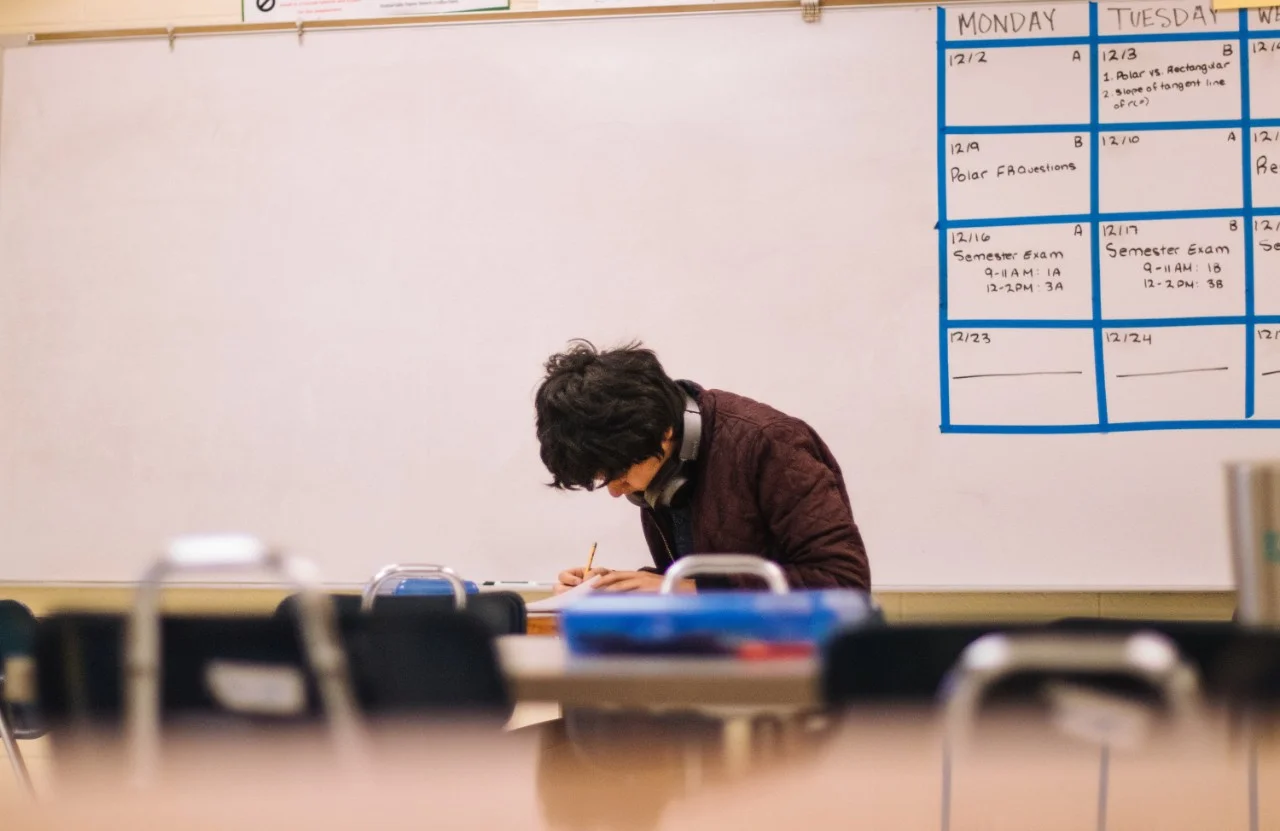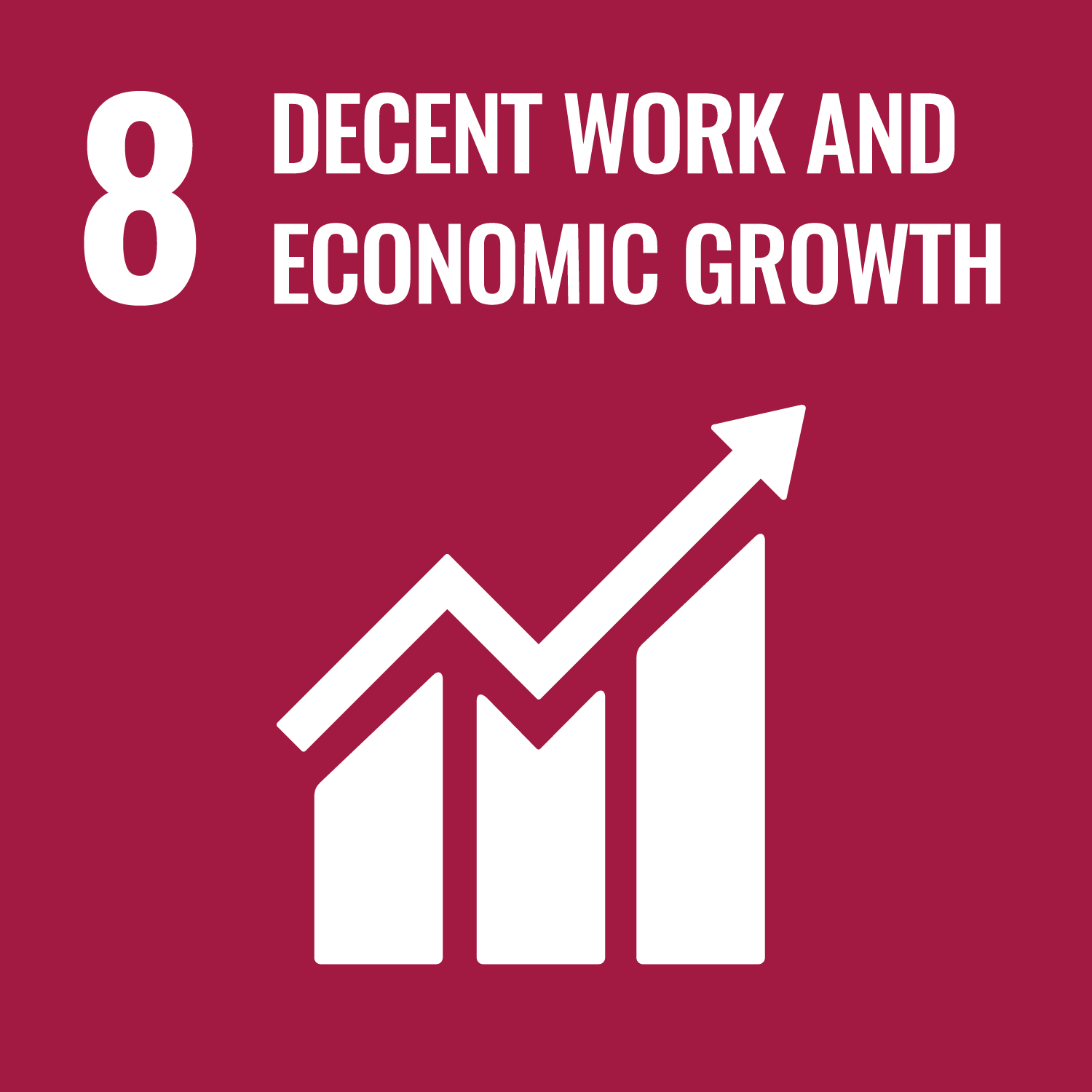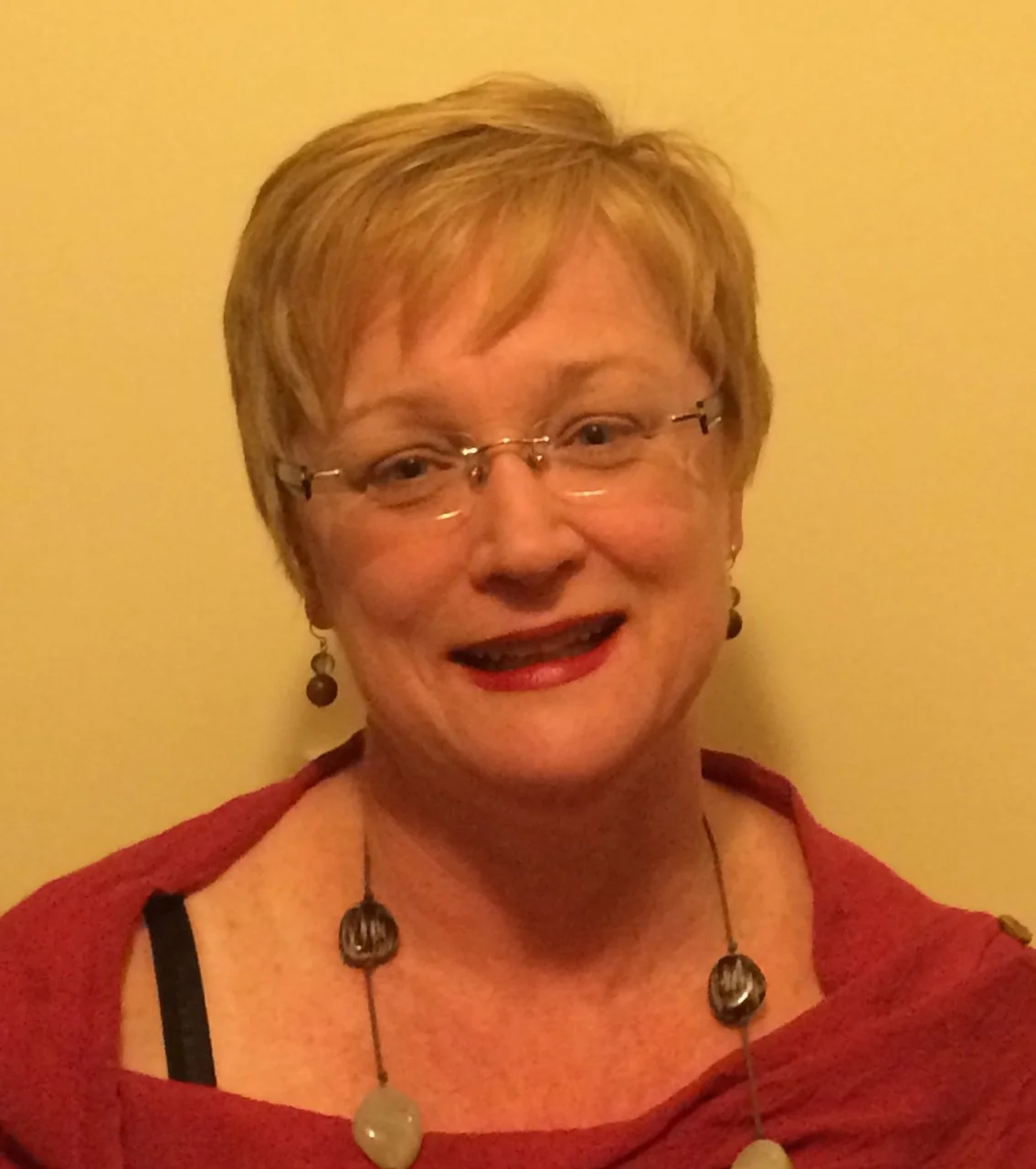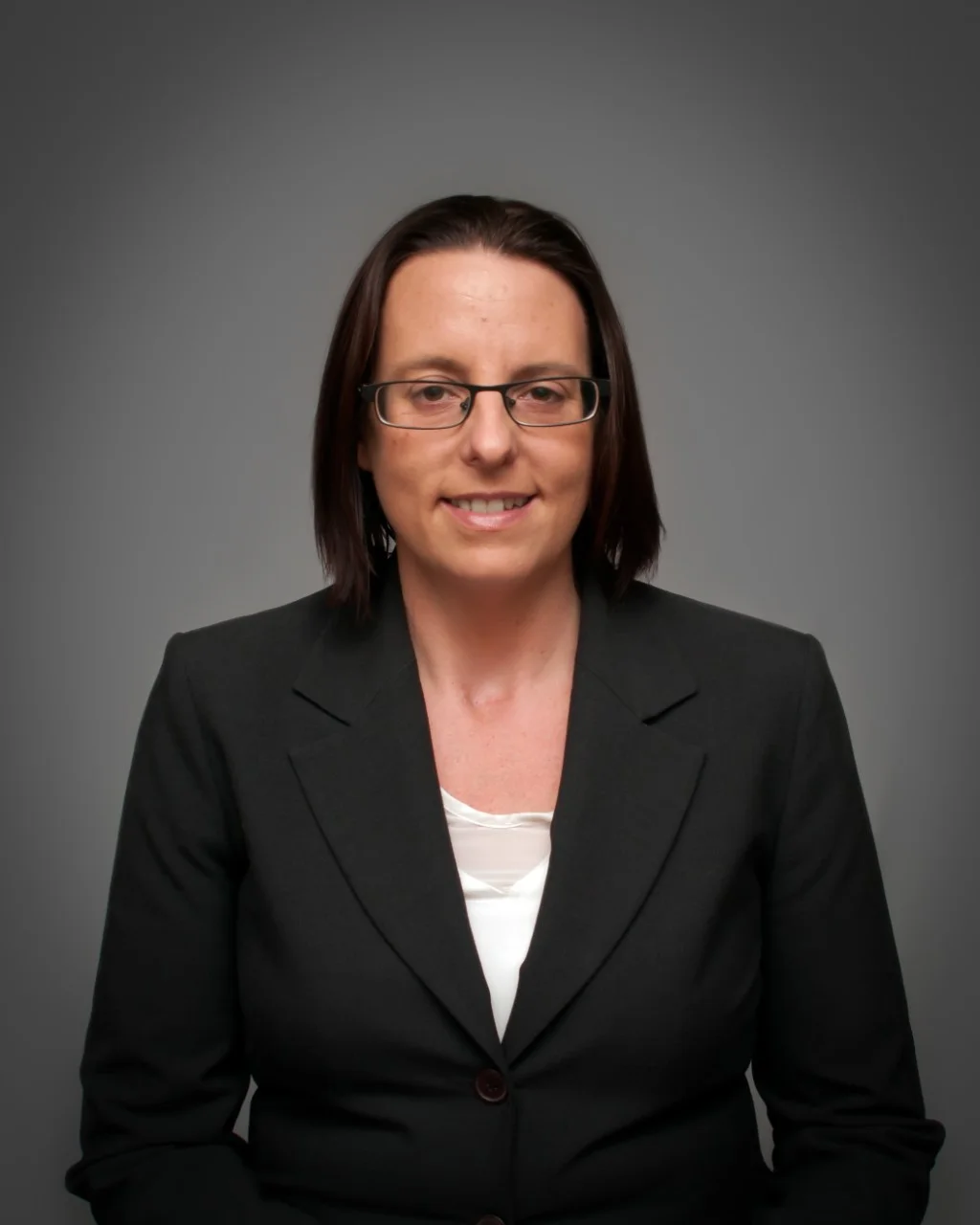You can search for courses, events, people, and anything else.
There is an increasingly blurred line between the public and private, says Sandy Noakes, a School of Law lecturer at Western. Her recent work suggests that many workers in Australia may be unaware that the social media policies of their employers don’t always line up with case law.
Alongside fellow Western researcher, Sarah Hook, she is working with the Independent Education Union, which represents more than 75,000 teachers in Australia, on a guide to social media policies to educate teachers about their rights and obligations.
Noakes says cases highlighted in the media in which teachers had been investigated for their associations outside working hours got them thinking. “Is there a blurred line between school teachers’ professional and personal lives, because they are expected to be role models in the community?”
Hook and Noakes looked at the issue of an employer’s legal right to control employee behaviour on social media outside work. The researchers pored over the more than 60 instances of existing case law, and found it fell into three categories. In the first two, case law is clear: you can’t disparage your employer on social media, and you can’t behave inappropriately towards other workers or clients.
The third category of case is “damage by association,” explains Noakes. That is behaviour outside work that may cause damage to the employer if the employee’s connection to the employer is known. There is no settled position on this type of case in Australia.
Need to know
- Researchers at Western are working with the Independent Education Union on a guide to social media policies.
- Some social media policies are not necessarily supported by case law.
- Causing damage by association is nonethless often in social media policies.
Noakes and Hook soon began working with teacher associations. “We found that social media policies relating to school teacher conduct about these policies sought to very tightly control teacher behaviour on social media outside work,” says Noakes. “For example, they required teachers to control what their family and friends posted about them, and teachers were also expected to report anything negative that was said about their school on social media.” In almost all cases, the policies stated that a breach could result in disciplinary action, including dismissal, which Noakes and Hook suggest has not been tested in case law.
The research sparked debate at the Australia & New Zealand Education Law Association forum, which is frequented by representatives from education policy organisations in the Australian and New Zealand, as well as unions that represent teachers. “In terms of future impact, the benefit of our model of analysis is that it can be applied to any employer’s social media policy,” says Noakes. Directions by employers must be lawful and reasonable. Noakes and Hook plan to work with other unions on guides to educate employees about their rights, and to encourage employers to review their social media policies when they reach too far into personal lives.
Meet the Academic | Dr Sandra Noakes
Dr Sandra Noakes, Lecturer, Director of Academic Program, First Year, School of Law at Western Sydney University School of Law, and a Fellow of the Higher Education Academy, UK. She has worked as a tutor, lecturer and Unit Coordinator for over 15 years in Law Schools at Western Sydney University, Macquarie University and the University of Wollongong. From 2005 -2007 she was a Visiting Fellow at Macquarie University. Since 2005, she has held the position of Revising Examiner in Real Property Law for the Legal Profession Admission Board. Whilst in legal practice, Sandy was a Senior Associate with Phillips Fox (now DLA Piper) and a consultant to McArdle Legal, an employment and industrial relations law firm in Sydney. Her main areas of interest are legal education, employment law, labour law, work health and safety law, and property and trusts.
Meet the Academic | Dr Sarah Hook
Researching at the intersections of law, literature, and legal theory Dr Hook’s research centres on authors and artists and creative freedom. She is an expert on moral rights in copyright but also looks at surveillance theory, romanticism, postmodernism and contemporary modes of textual production and how these ideologies intersect with legal contexts such as defamation, copyright, government regulation, regulation of the press, and other impediments to the free exchange of ideas and expression.
Credit
© Westend61/Getty Images © Scott Graham/unsplash © Jeswin Thomas/unsplash
Future-Makers is published for Western Sydney University by Nature Research Custom Media, part of Springer Nature.









